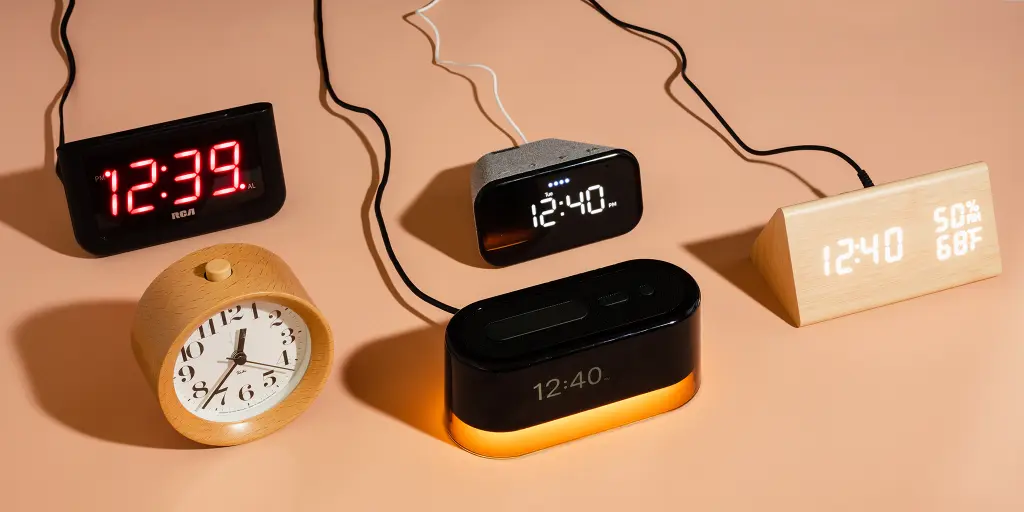Alarm clocks are designed to alert you at a specific time. The primary function of these clocks is to awaken people from their sleep or naps. They are also sometimes used for reminders. While alarm clocks have been around for quite some time. Snooze buttons are a much newer innovation. But did you ever wonder why it only lasts for 9 minutes?
Alarm clocks existed before the snooze function, so there was already a standard equipment setup with which innovators had to contend. Because aligning the gear teeth to allow for ten minutes was impossible, they set it at nine minutes and a few seconds.
The Nine-Minute Snooze
The automatic settings on your iPhone began more than a half-century ago. Alarm clocks with snooze buttons were introduced in 1956 with General Electric-Snooze-Alarm. Telechron’s model’s snooze lasted nine minutes, but there were probably several reasons for this.
Alarm clocks existed before the snooze function, so there was already a standard equipment setup with which innovators had to contend. Because getting the gear teeth to line up to allow for precisely ten minutes was impossible, they had to settle for nine, a few seconds, or a little more than ten minutes. A double-digit wink would have been more difficult to program than a single-digit snooze, so designers decided the more straightforward design was the way to go. This is just one of those bizarre, fascinating facts that may have blown your mind.
It was also slightly more beneficial for the snoozers.
In terms of sleep, nine minutes is just enough time for a brief rest; however, once you get past the ten-minute mark, your body can start to fall back into a deep sleep, which will make waking up again difficult and more unpleasant So the nine-minute snooze was chosen as the best option for users’ sleep cycles, too.
Doctor Holly Schiff, Doctor of Psychology, Licensed Clinical Psychologist, Greenwich, Connecticut.
(Source: Reader’s Digest)
Is Hitting the Snooze Button Good for you?
You might reason that if your snooze time keeps you from falling into a deep sleep, there’s no harm, no foul. Unfortunately, sleep experts agree that hitting the snooze button is bad for you. After you’ve already woken up, getting a few more minutes of sleep disrupts your body’s internal sleep clock.
When we doze off for those extra minutes, we are preparing our bodies for another sleep cycle, which then becomes quickly interrupted, and therefore we feel fatigued for the rest of the day. And, of course, we know that yawning is contagious! She adds that waking up like that, especially repeatedly, can cause strain on our nervous and cardiovascular systems, too. So snoozing should be something you do only once in a while, not every morning.
Doctor Holly Schiff, Doctor of Psychology, Licensed Clinical Psychologist, Greenwich, Connecticut.
(Source: Reader’s Digest)
Image from NyTimes
